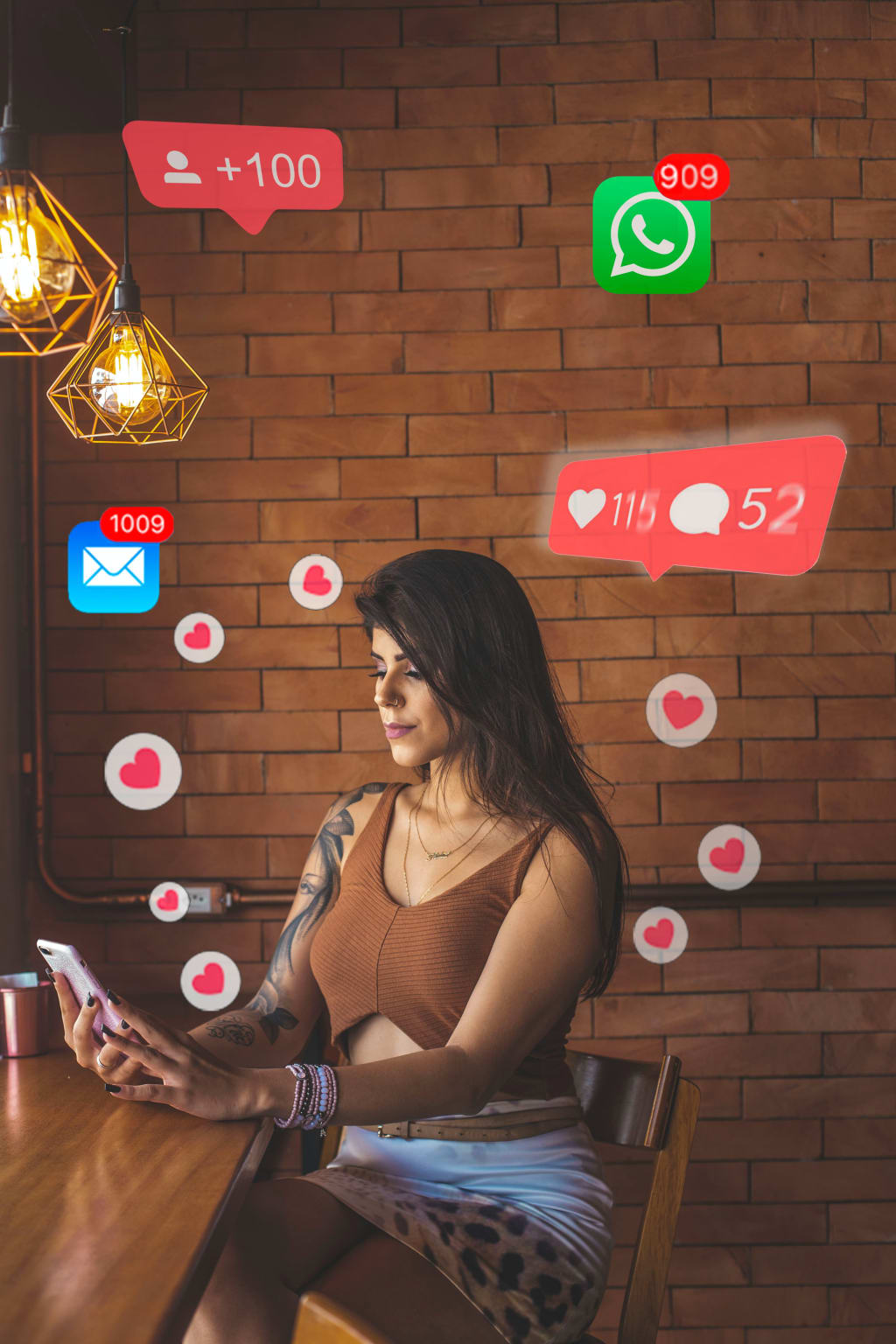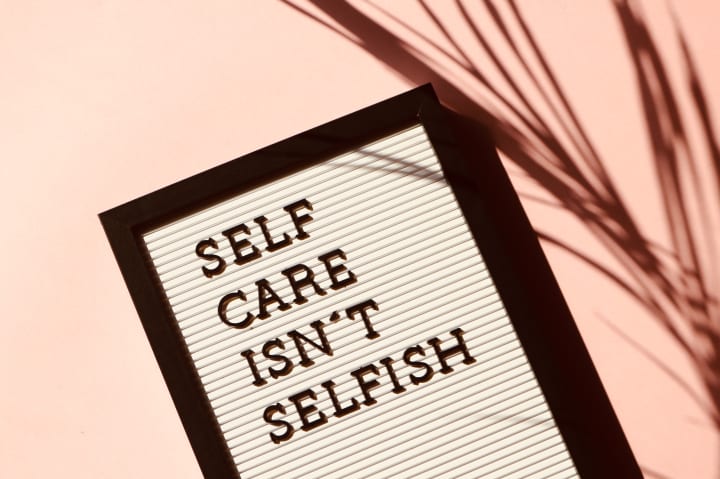Exploring the Impact of Social Media on Mental Health
Mental Health

Table of contents
- Introduction
- How Social Media Affects Mental Health
- Positive Effects Social Media Has on Mental Health
- How to Limit Social Media Use to Protect Your Mental Health
- Conclusion
- Introduction
Social media has become an indispensable part of the modern world. While its influence is widespread, not everyone is aware of the impact it has on mental health.
2.How Social Media Affects Mental Health
Social media has revolutionized the way we communicate and connect with the world around us. A platform that started as a way for people to connect with friends and family has exploded into something much bigger, with millions of users worldwide.
The sheer scale of social media has had a significant impact on mental health, both positive and negative. The rise of social media has transformed the way people interact with each other. It has enabled people to connect with friends and family members from around the world and has opened up new lines of communication.
However, this increased connectivity has also led to a rise in cyberbullying, online harassment, and trolling. Unfortunately, the link between social media and mental health is undeniable. Studies have found that excessive use of social media can lead to increased levels of anxiety, depression, and loneliness, particularly in teenagers.
This is often caused by the unrealistic expectations created by social media platforms, along with the constant bombardment of negativity and criticism. Furthermore, the negative effects of social media on mental health can also manifest in sleep disorders, as a result of late-night use or constantly checking social media notifications. Social media can also negatively impact self-esteem, causing feelings of inadequacy and hopelessness.
Despite these negative effects, social media has also had some positive effects on mental health, such as providing access to support online communities.
Online support communities offer individuals who are struggling with mental health issues a safe space to share their experiences and offer and receive emotional support.
Social media has also increased awareness around mental health issues and provided a platform for people to speak out and share their stories.
Additionally, various online therapy apps and services have made professional mental health support more accessible to those who need it. Overall, the impact of social media on mental health is complex.
While it can offer support, build awareness, and facilitate important conversations, excessive use or negative interactions can have a detrimental effect on mental health. It is essential to be mindful of social media use and prioritize real-life connections to protect one's mental health.
3. Positive Effects Social Media Has on Mental Health
Social media is not always bad for your mental health. In fact, it can have some positive effects too. Mental health support online communities, for instance, provide a safe space for people to share their struggles and get support.
These online communities help people connect with others who are going through similar experiences and provide a sense of belonging. Social media has also helped in increasing awareness about mental health. In the past, mental health was a taboo topic and people did not talk about it openly. But with social media, mental health has become a mainstream topic of discussion.
Influencers and celebrities talking about their struggles with mental health have encouraged others to seek help. Another positive effect of social media on mental health is access to online therapy. With the advent of technology, therapy has become more accessible and affordable. Many online therapy platforms and apps provide therapy sessions via video or chat.
This makes it easier for people to access mental health services from the comfort of their homes. So, while social media can have negative effects on mental health, it can also have some positive effects. It's important to find a balance and use social media in a way that benefits your mental health.
4. How to Limit Social Media Use to Protect Your Mental Health
Now, let's explore how to limit social media use to protect your mental health. Firstly, be mindful of your usage. Set time limits and stick to them. Prioritize real-life connections over virtual ones.
Take a break from social media every once in a while to give your brain a rest. And lastly, monitor your feelings. If you start feeling anxious or depressed after using social media, it may be time to take a step back. Remember, social media can be a valuable tool, but only if used in moderation and with caution!
5. Conclusion
In today's world where social media is rampant, it’s important to understand the potential effects it can have on our mental health. While there are negative impacts such as addiction, cyberbullying, and unrealistic comparisons to others, there are also positive impacts like support groups and promoting mental health awareness. It’s crucial to be mindful about how much time we spend on social media and prioritize our real-life connections. Taking breaks and monitoring our feelings can also protect our mental health. In summary, while social media can have a significant effect on our mental health, we can take steps to limit its impact and prioritize our overall well-being.






Comments
There are no comments for this story
Be the first to respond and start the conversation.